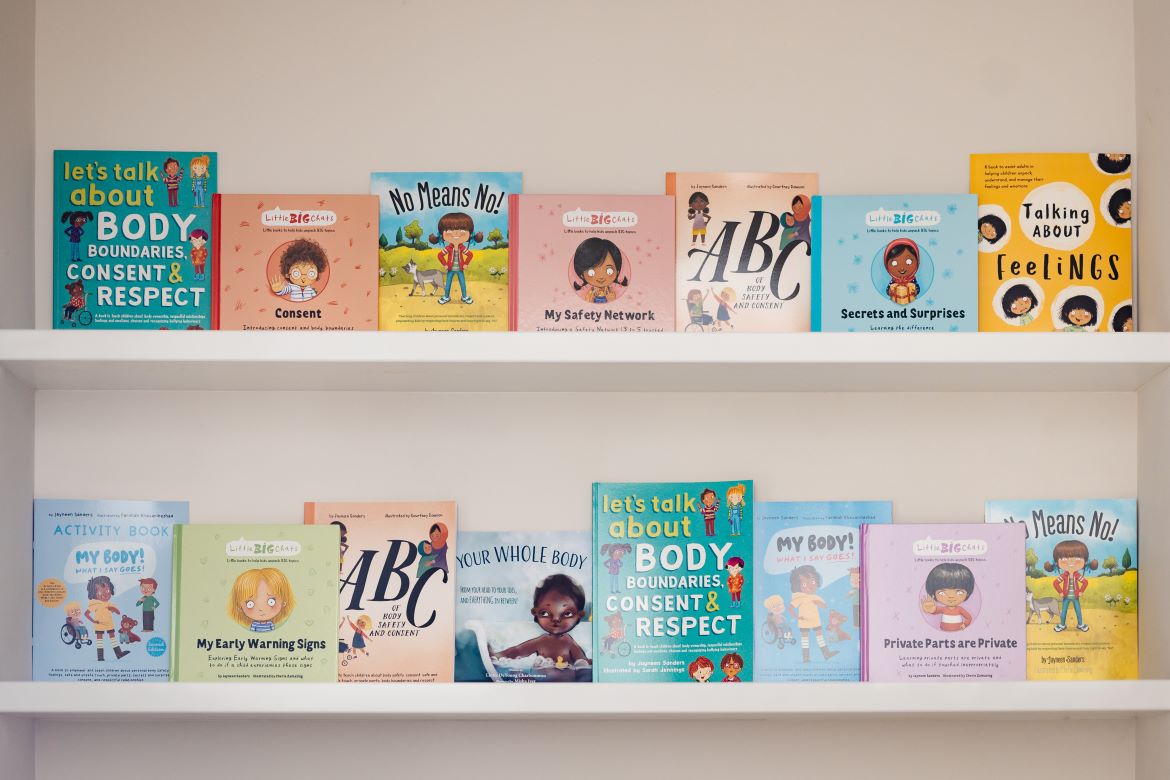By Laura Alexander
This is something that I bang on about A LOT when talking to parents and educating online, but it’s just so important in so many ways. Something like this, which is so easy to implement, but that also has so many benefits for your child, as well and your relationship with them, is just something that shouldn’t be ignored.
For many of us, the concept will be strange and even uncomfortable, having not been brought up this way, but please stay with me, and hear me out as I explain my top 3 reasons why we should always use the proper names for genitals when speaking with our children.
- It helps to keep children safe. Using the proper names for genitals is a key body safety skill. Perpetrators are less likely to offend against children who know and use the proper names because it tells them that the child is informed, which suggests that they will more than likely also have had a more comprehensive education around body safety. Using the proper names not also helps to create an environment which supports disclosure, it also increases the likelihood that the child is believed.
- It starts the conversation and sets the foundation to create an open relationship between you and your child. Children are naturally curious and are just trying to understand the world around them. They are especially curious about their bodies. When we answer their questions openly and honestly, and without embarrassment, they learn that we are a shame-free source of accurate information. This becomes increasingly important as they head towards the tweens and teens years when we want to be able to have conversations with them about sexual health.
It is well documented that tweens and teens actively seek out information about puberty, sex, and sexual health. In fact, ‘The Big Ask’ Survey completed by the Children’s Commissioner of England (2021), reported that teenagers reported that they use pornography to learn about relationships and sex, as they do not receive the right information about this from their parents and teachers. If we want our children to be able to recognise and form healthy relationships, it is vital that they receive education from safe and accurate sources, not from searching the internet. - It promotes body positivity and removes the stigma. There is consensus from clinicians that using the correct names improves children’s body image, confidence, and openness (Enough Abuse Campaign 2018). The moment we start using pet names for private parts is the moment your child will start to associate this integral part of their body with embarrassment and shame, and they will believe it is rude or ‘naughty’ to mention them. Not only does this make it less likely they will come to you with questions they have, but it may also reduce the likelihood that they will seek medical help in the future or attend cervical screening for example.
The stigma that surrounds menstruation remains a worldwide problem. How lovely would it be for our daughters to feel comfortable and confident talking opening about their periods rather feel so embarrassed that they can’t even buy their own menstruation products, or die of embarrassment if a tampon falls out of their school bag in full display of their classmates?











